コミック昭和史 第3巻 日中全面戦争~太平洋戦争開始
Select Format
Select Condition 
You Might Also Enjoy
Book Overview
Related Subjects
HistoryCustomer Reviews
Rated 4 starsA Generally Informative Account of Soviet Rule in Eastern Poland
In contrast with his later works, Gross is quite candid about Jewish-Soviet collaboration against Poles. (pp. 29-35). However, his reflexive exculpation of this conduct in terms of the awfulization of minorities' experiences in prewar Poland is, at best, oversimplified. For instance, Jews retained their economic dominance, and the average Jew remained wealthier than the average Pole. For those not willfully blind, "Communist...
0Report
Rated 4 starsRevolution from abroad, and inside too
Jan Gross does a commendable job in expanding the studies of World War II Central European History beyond the dominant themes: Poland, and the Holocaust. He focuses on what was, from Versailles to Molotov-Ribbentrop, eastern Poland, today, Byelorussia, Lithuania and western Ukraine. The first map effectively demonstrates the shifting borders, and how ethnographic identities could be lost in a swirl of martial dust. Jan...
0Report
Rated 5 starsexcellent
According to the Polish national anthem, "Poland is not dead whilst we live. What others took by force, with the sword will be taken back." Both Nazi and Soviet occupiers must have taken these words to heart as they set out thoroughly to crush the Polish population between September 1939 and June 1941. In Revolution from Abroad: the Soviet Conquest of Poland's Western Ukraine and Western Belorusssia, Jan T. Gross (New York...
0Report
Rated 5 starsBrilliant analysis of an ignored event of World War II
The main primary source of this book is a collection of thousands of handwritten statements collected by the Polish government in exile when they interviewed the surviving Polish citizens released after the 1942 "amnesty" of those detained by the Soviets after 1939. By careful research, crosschecking and comparison with other resources Professor Gross has been able to produce a work of exceptional clarity and importance...
0Report











![Paperback Bunko Comic Showa History (3) during the day all-out war - World War II started (Kodansha Bunko) (1994) ISBN: 4061857711 [Japanese Import] Book](https://m.media-amazon.com/images/I/51LZT7d8DHL._SL350_.jpg)

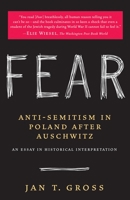
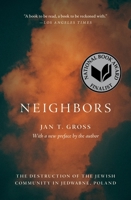
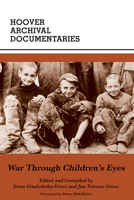
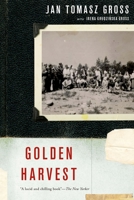
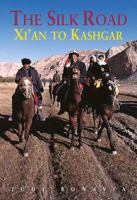
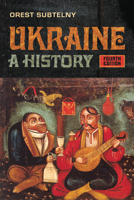
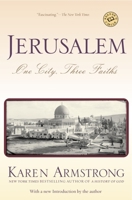
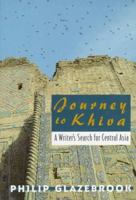


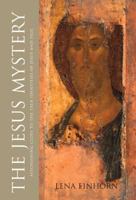
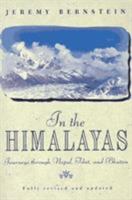
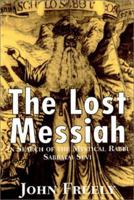
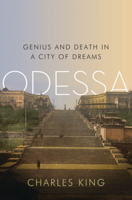
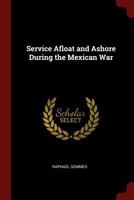
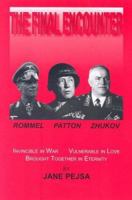

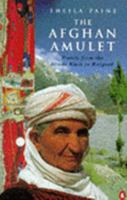

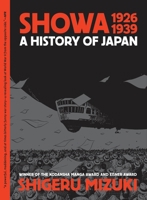
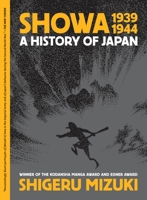

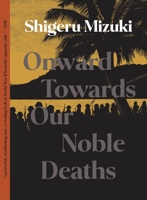


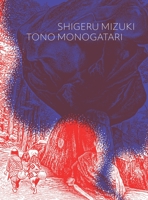
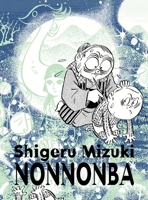



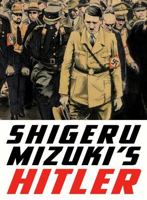








![鬼太郎大百科 [Kitaro Dai Hyakka]](https://m.media-amazon.com/images/I/61VeABQy14L._SL200_.jpg)


![妖怪百物語 [Youkai Hiyaku Monogatari]](https://m.media-amazon.com/images/I/61yBii7SrAL._SL200_.jpg)









